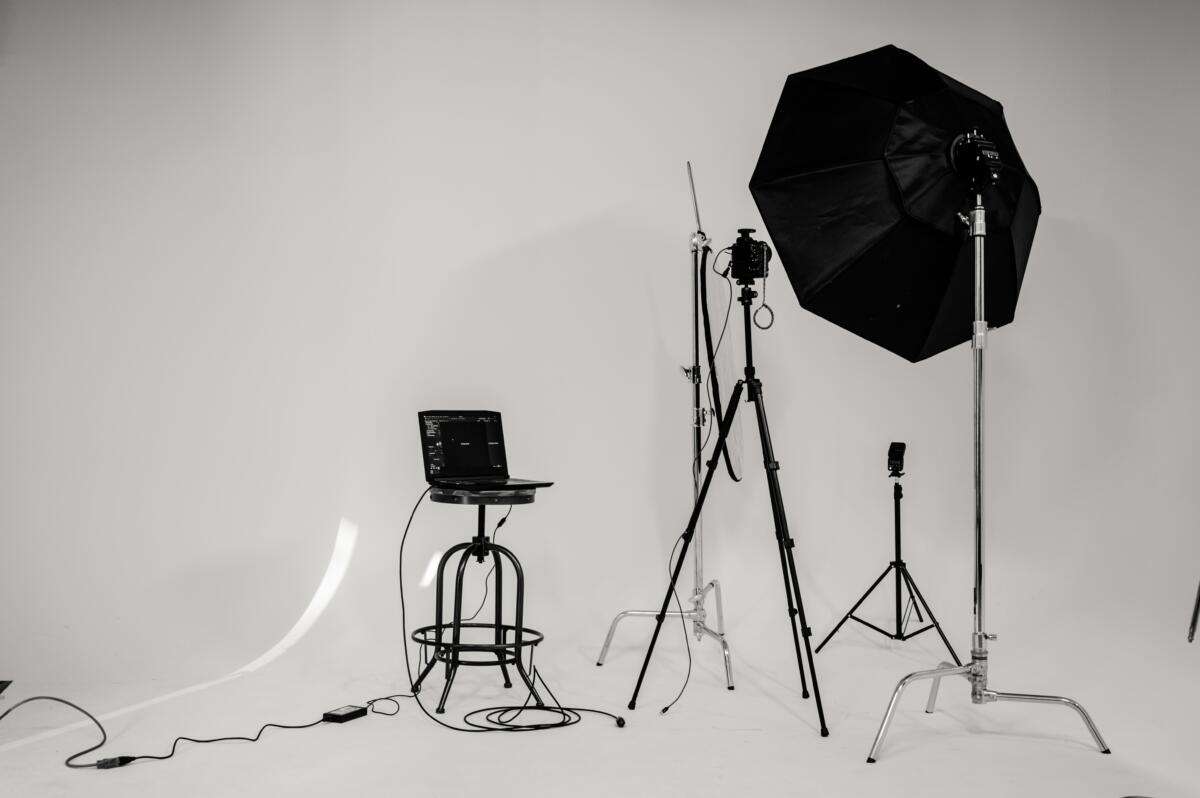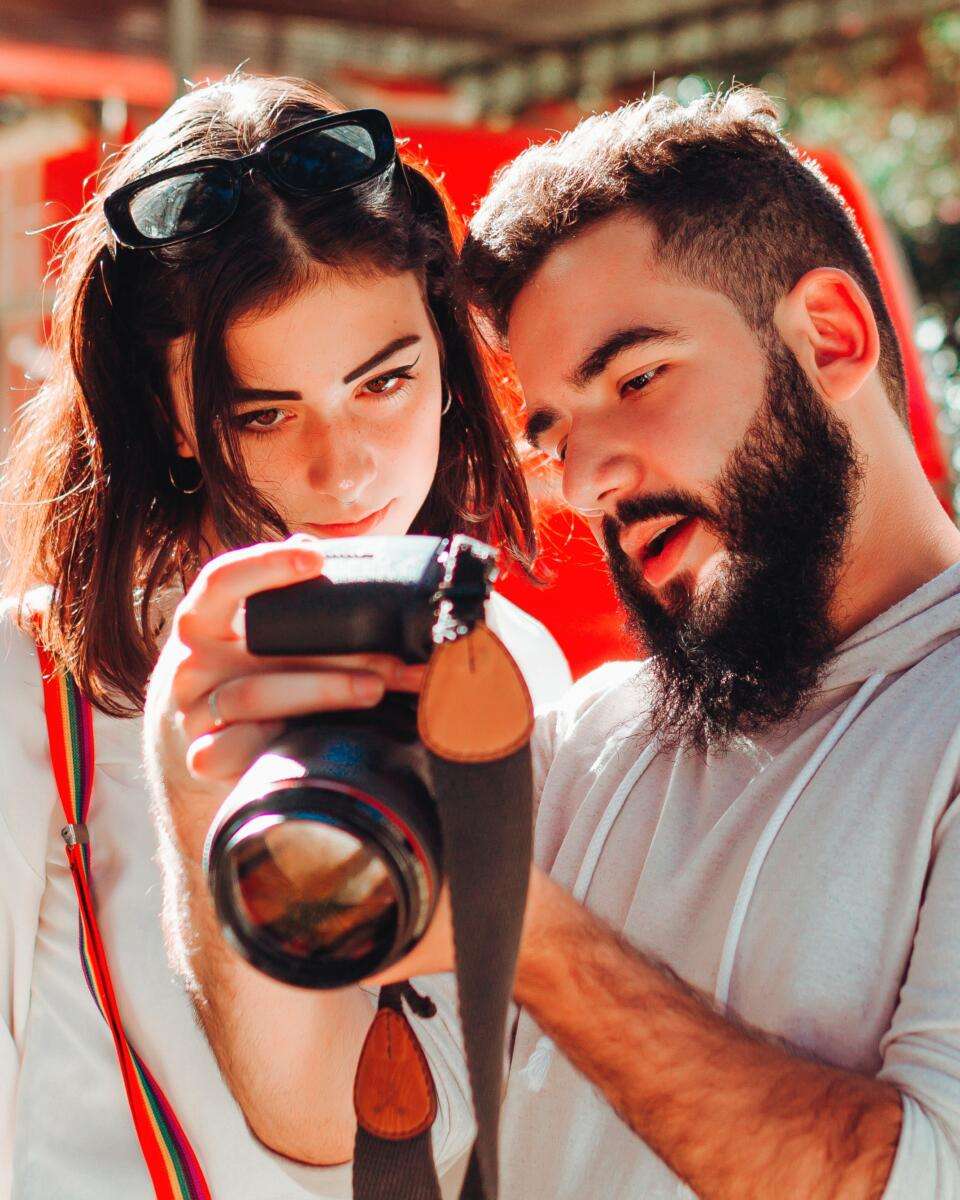Some people see life through a camera lens. Photography is one of those skills that should never go unappreciated, as you can capture life’s most precious moments in the perfect way. It’s also more accessible to pick up than ever before, as most people now carry high-quality, intelligent cameras in their pockets.
Your smartphone camera can set you along the road to picking up a skill, a new hobby, or even starting a business. Even though most people can take decent photographs, there are times when they will call upon a photographer.
Whether you’re debating whether to go into photography as a career, or you’re trying to work out how to make sure your business takes off and makes a profit, this post should be helpful.

Photography is a huge niche. While you might have a broad range of skills and interests in the field of photography, it’s better for your business and your craft to specialize in a certain area. This will allow you to create a focused brand for your business, so customers know exactly what you are offering.
Specializing in a small niche will also help you to improve your skills. A wedding photographer will have different challenges and goals than someone photographing a crime scene. One will focus on aesthetics, while the other wants an accurate representation of the scene.
When choosing a niche, think about your existing skills and the current demands in your local market. As a photographer, you have to be able to travel to the site, so this is another consideration to bear in mind.
Some niches are more popular than others. For example, there is always a demand for wedding photography. But you can also get involved in:
These are just a few of the ways that you can use your photography skills to make money.

While smartphone cameras are pretty good, people hire photographers for two main reasons. The first is their skill. The second reason is their equipment.
A professional camera can take shots that far outweigh those achievable with a smartphone. There are a huge variety of cameras available, and each one is better for specific tasks. For example, some cameras take amazing photos but aren’t suitable for videography.
As well as the camera, a photographer also comes armed with other tools. Most professional cameras come with multiple lenses, which a skilled photographer can switch around as needed. When buying lenses, make sure that it is compatible with your camera.
If you take videos, you will also need to invest in a good microphone that can either be attached to your camera or otherwise used to pick up sound in the scene. Again, you may need multiple microphones depending on what kind of video you’re filming.
Finally, you might want to invest in specialized equipment. For example, drones can take panning shots from a great height, which is perfect for a wide number of applications, from wedding photography to commercial photography. You can click here to find out more about the DJI Air 3, the latest in a line of easy-to-fly, high-quality drones that are perfect for photography and video production.
As you can imagine, all of this equipment isn’t cheap, and this section has only covered a few options for budding photographers. This means that you need to be selective. You know what you need more than anyone else, so do the research before you invest in expensive equipment.
Even more importantly, you need to learn how to use your equipment. You won’t get the best results by just pointing and clicking with a professional camera. Even if you’re used to these kinds of cameras, always get accustomed to new equipment before using it on the job. Take a few hours to play around with its features.

It’s no surprise that, if you want to work as a photographer or videographer, you need to be able to use a camera. You can take photography and videography courses to improve your skills and pick up some qualifications. These qualifications will make you look better to potential clients, but more importantly, they make you better at your job.
As well as knowing the business end of a camera, you also need to know how to sort and edit photos. No matter what niche you fall into, you will find that you take hundreds of photos, many of them almost identical.
The day of the shoot is usually only the start of the work. From there, you have to sort through your photos, remove any duplicates or poor-quality shots, and then edit what’s left. Video editing is another beast entirely, as it involves working with moving images and sound.
The way you edit will differ depending on your niche. If we use the same example as before, a wedding photographer can be more fast and loose with reality than a photographer trying to get an accurate representation of a crime scene. This means playing around with lighting and colors or even editing people and items out of the shot.
In order to edit successfully, you need to have the right editing software, and, equally as importantly, you need to know how to use it. After all, you will likely spend more time editing than taking photos.

Every business has one thing in common, customers. If you want to run a successful business, you need to at least be able to attract customers, come up with an appropriate price, work out a contract, and deliver a great service.
With photography, you might have to spend even more time interacting with customers. Depending on your niche, you might be photographing one of the most special days of their lives. The customer may also be your photography subject.
It’s vital that you are able to put your customers and subjects at ease, so they know what you need from them and what they can expect from you. You also want them to be confident in you and your skills.
One common issue photographers find is that customers might try to take them for granted. Know your worth. As this article has outlined so far, photography is far more work than simply “taking a few pictures”. You have years of experience, training, and specialist tools, not to mention another potential few days of work editing photos and/or videos.